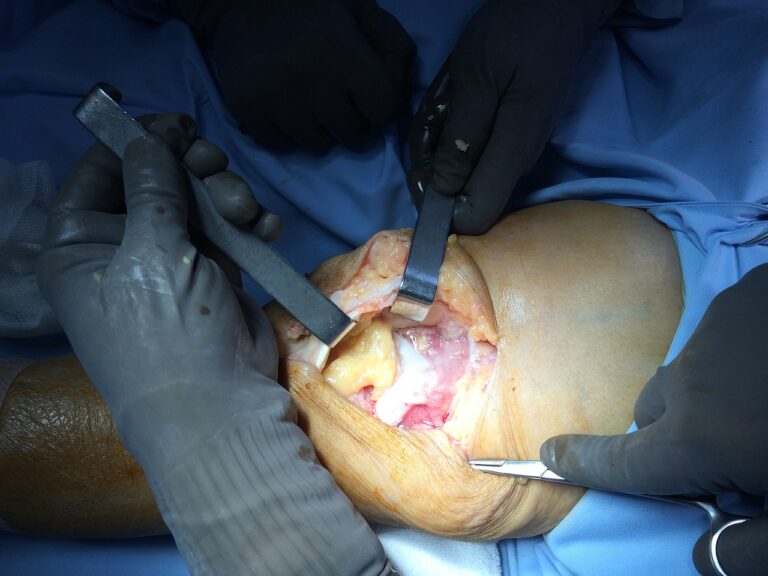Rheumatology and Cancer: Exploring the Connection: Lotusbook365 login, Play99exch com, All panel login
lotusbook365 login, play99exch com, all panel login: Rheumatology and Cancer: Exploring the Connection
When we think of cancer, we often associate it with treatments like chemotherapy, radiation, and surgery. However, recent research has shown a potential link between rheumatologic diseases and cancer. Rheumatology is a branch of medicine that focuses on the diagnosis and treatment of autoimmune and inflammatory diseases that affect the joints, muscles, and bones. Conditions such as rheumatoid arthritis, lupus, and scleroderma fall under the umbrella of rheumatologic diseases.
In this article, we will delve into the connection between rheumatology and cancer, exploring how these two seemingly unrelated fields are intertwined.
The Link Between Rheumatology and Cancer
Studies have shown that individuals with certain rheumatologic diseases may have an increased risk of developing cancer. This link is thought to be due to the chronic inflammation and immune system dysregulation that are characteristic of many rheumatologic conditions. Chronic inflammation can create an environment in the body that is favorable for the development and progression of cancer.
One example of a rheumatologic disease that is associated with an increased risk of cancer is rheumatoid arthritis. Research has shown that individuals with rheumatoid arthritis have a higher likelihood of developing lymphoma, a type of blood cancer. Similarly, patients with systemic lupus erythematosus (SLE) have been found to be at a higher risk of certain types of cancers, such as non-Hodgkin lymphoma and lung cancer.
The Role of Immunomodulatory Therapies
Another factor that may contribute to the link between rheumatology and cancer is the use of immunomodulatory therapies in the treatment of rheumatologic diseases. These medications work by modulating the immune system to reduce inflammation and control disease activity. While these therapies can be highly effective in managing rheumatologic conditions, they may also impact the body’s ability to detect and destroy cancer cells.
For example, some immunomodulatory drugs can suppress the immune system’s ability to recognize and attack cancer cells, potentially allowing them to proliferate unchecked. Additionally, certain medications used to treat rheumatologic diseases have been linked to an increased risk of certain types of cancer. It is essential for patients and healthcare providers to be aware of these potential risks and monitor for signs of cancer development regularly.
Overall, the relationship between rheumatology and cancer is complex and multifaceted. Further research is needed to fully understand the mechanisms underlying this connection and to develop strategies to mitigate cancer risk in patients with rheumatologic diseases.
FAQs
Q: Are all rheumatologic diseases associated with an increased risk of cancer?
A: No, not all rheumatologic diseases are linked to cancer. The association between rheumatology and cancer varies depending on the specific condition.
Q: What can patients do to reduce their risk of cancer if they have a rheumatologic disease?
A: Patients with rheumatologic diseases should work closely with their healthcare providers to monitor for signs of cancer and to discuss strategies for reducing their cancer risk. This may include lifestyle modifications, regular screenings, and close monitoring of medication side effects.
Q: Are there any specific types of cancer that are more common in patients with rheumatologic diseases?
A: Certain types of cancer, such as lymphoma and lung cancer, have been found to be more prevalent in individuals with rheumatologic diseases like rheumatoid arthritis and systemic lupus erythematosus. However, the risk varies depending on the specific condition and individual factors.
In conclusion, the connection between rheumatology and cancer is a topic of growing interest in the medical community. By understanding the relationship between these two fields, we can improve cancer detection and prevention strategies for patients with rheumatologic diseases. It is essential for healthcare providers and patients to work together to address cancer risk factors and promote overall health and well-being.







